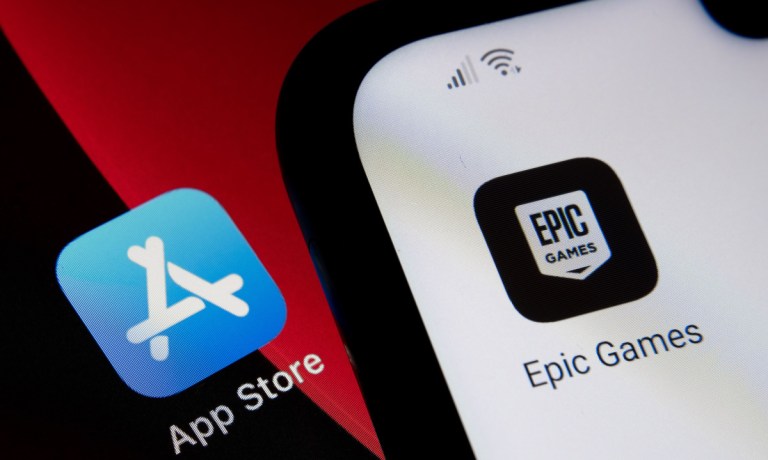Apple/Epic Spat Gets EU Attention as DMA Takes Effect

The European Commission wants answers about Apple’s ejection of Epic Games from its App Store.
The commission (EC) has “requested further explanations” from the iPhone maker about the move, the Financial Times reported Thursday (March 7), the same day that Europe’s landmark Digital Markets Act (DMA) went into effect for Apple and a number of other tech giants.
The news came one day after Apple blocked Epic — maker of the popular video game Fortnite — from getting a developer account that Epic had intended to use to launch a new app store on European iPhones.
Epic Games CEO Tim Sweeney has said he sees Apple’s move as revenge for his company’s antitrust campaign and lawsuit against Apple, as well its criticism of the larger company’s App Store policies.
The two companies have been at odds since 2020 over Apple’s 30% commission fees, which prompted the lawsuit from Epic and subsequent policy adjustments by Apple.
Apple said it was within its right to block Epic from getting a developer account, citing the ongoing legal battles and past violations of contractual obligations.
App stores will be the first focus of the DMA, EU competition chief Margrethe Vestager said earlier this week.
Speaking to Bloomberg TV, Vestager said her priority is giving smaller app stores fair access to operating systems. She argued that it’s important that users can access more than one app store on their device so that if they are unhappy with one app store, they can choose another.
The landmark DMA is designed to counter market abuse by tech giants operating within the European Union, and covers these companies’ operating systems, app stores and platforms. The law allows for fines totaling up to 10% of a firm’s annual global revenue, or 20% in the case of repeat offenders.
The EC’s new investigation into Apple comes just days after the commission fined Apple a record $1.95 billion, accusing the company of restricting app developers from telling iOS users about alternative and cheaper music subscription services.
“Apple’s conduct, which lasted for almost ten years, may have led many iOS users to pay significantly higher prices for music streaming subscriptions because of the high commission fee imposed by Apple on developers and passed on to consumers in the form of higher subscription prices for the same service on the Apple App Store,” the EC said in a news release.
In a statement on its website, Apple said it planned to appeal the decision, and criticized what it called the EC’s “failure to uncover any credible evidence of consumer harm.”